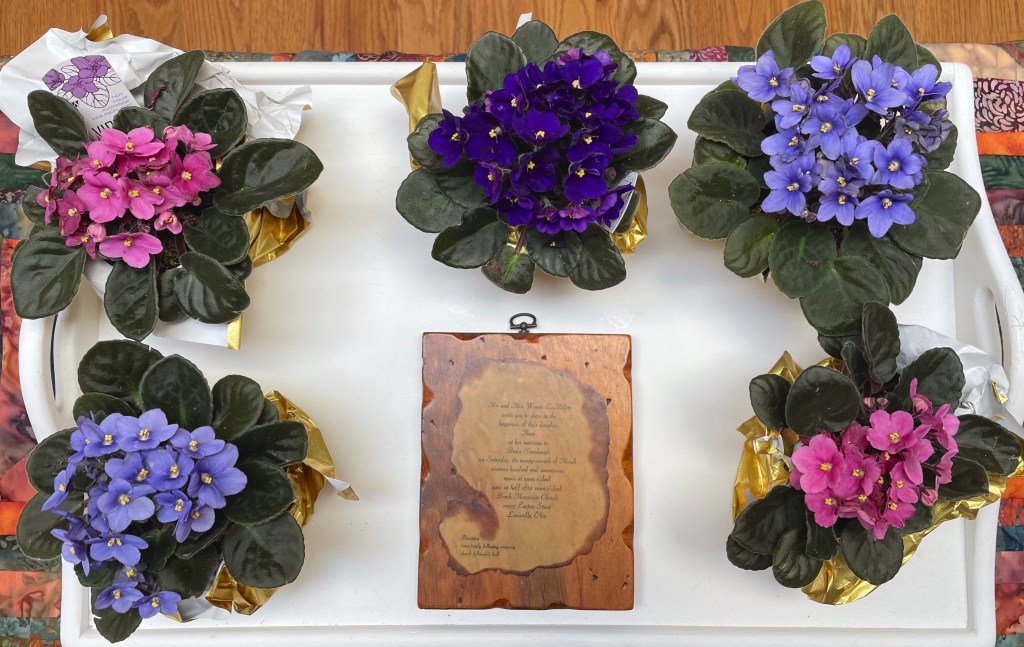
Anniversaries of momentous events are generally worth celebrating. Even though we kept it low-key, our 50th wedding anniversary earlier this year was a memorable milestone.
Birthdays fit the bill, too, especially if they end in zero or five. That’s our western culture for you.
Even the anniversary of a loved one’s death needs to be remembered, reverently, openly, and most certainly emotionally. My dear mother would have been 100 on June 22. I can still hear her comforting voice, soft and clear.
Some anniversaries, however, give me pause. I always feel that way each year I get the all-clear pronouncement from my urologist.
I have been cancer-free for 10 years post-robotic prostate cancer surgery. My PSA continues to be immeasurable, meaning no detectable cancer.
When I posted those results on social media, I did so with hesitancy. I hesitated because I know too many people who have not made it through their cancer journey or are currently struggling with the disease.
I am a sensitive old guy, and posting about my good fortune could be tantamount to rubbing it in. I certainly didn’t want to come across with that attitude.
Research shows that such a mindset stems from survivor’s guilt, also called survivor’s remorse. It’s a circumstance where a person survives while others in the same situation don’t, and you feel conflicted, guilty, and remorseful about your outcome versus theirs.
It might seem irrational, but the condition applies far beyond dealing with cancer. People who survive motor vehicle wrecks or a military conflict while others are maimed or killed exhibit survivor’s guilt.
A friend of mine survived the bombing of the Marine base in Beirut, Lebanon, in 1983. He happened to be away from the barracks at the time of the explosion. Guilt and anger ebbed and flowed throughout my friend’s life.
I empathized with him at the time but didn’t fully comprehend his feelings until I went through my own traumatic experience. When I met other prostate cancer patients who didn’t have the same successful outcome as me, I understood my Marine friend’s agony more fully.
Despite my reluctance, I am glad that I shared my decade of good fortune on social media. I credited my skillful surgeon and expressed thanks for the excellent medical insurance that got me through physically and financially.
A few of the comments in response to my post drew my attention and perhaps sent me over the hump of the lingering compunction. One particularly caught my eye. A former student shared about her current struggle with cancer.
She thanked me for sharing my good news. She said that seeing that others make it through the Big C gives her and other patients like her hope. Reading that brought me great joy.
Signs of hope in nature.
Her response deeply touched me because she has already been through the cancer medical mill with her husband. As a young man, he fought the good fight and won. His humility concealed his challenging journey.
Now his wife is traveling down the cancer highway. I wish her and her family all the best and will endeavor to stay in touch.
Society can easily be dismissive of others without really knowing their unique situations, hardships, and achievements. Friends need to pay attention.
Venezuelan visual artist Carlos Medina captured my sentiment with this quote, “A soul that carries empathy is a soul that has survived enormous pain.”
We can empathize by recognizing and being with the hurting, listening to their stories, or simply holding them in prayer. In those encouraging actions, there is no remorseful guilt.
© Bruce Stambaugh 2021

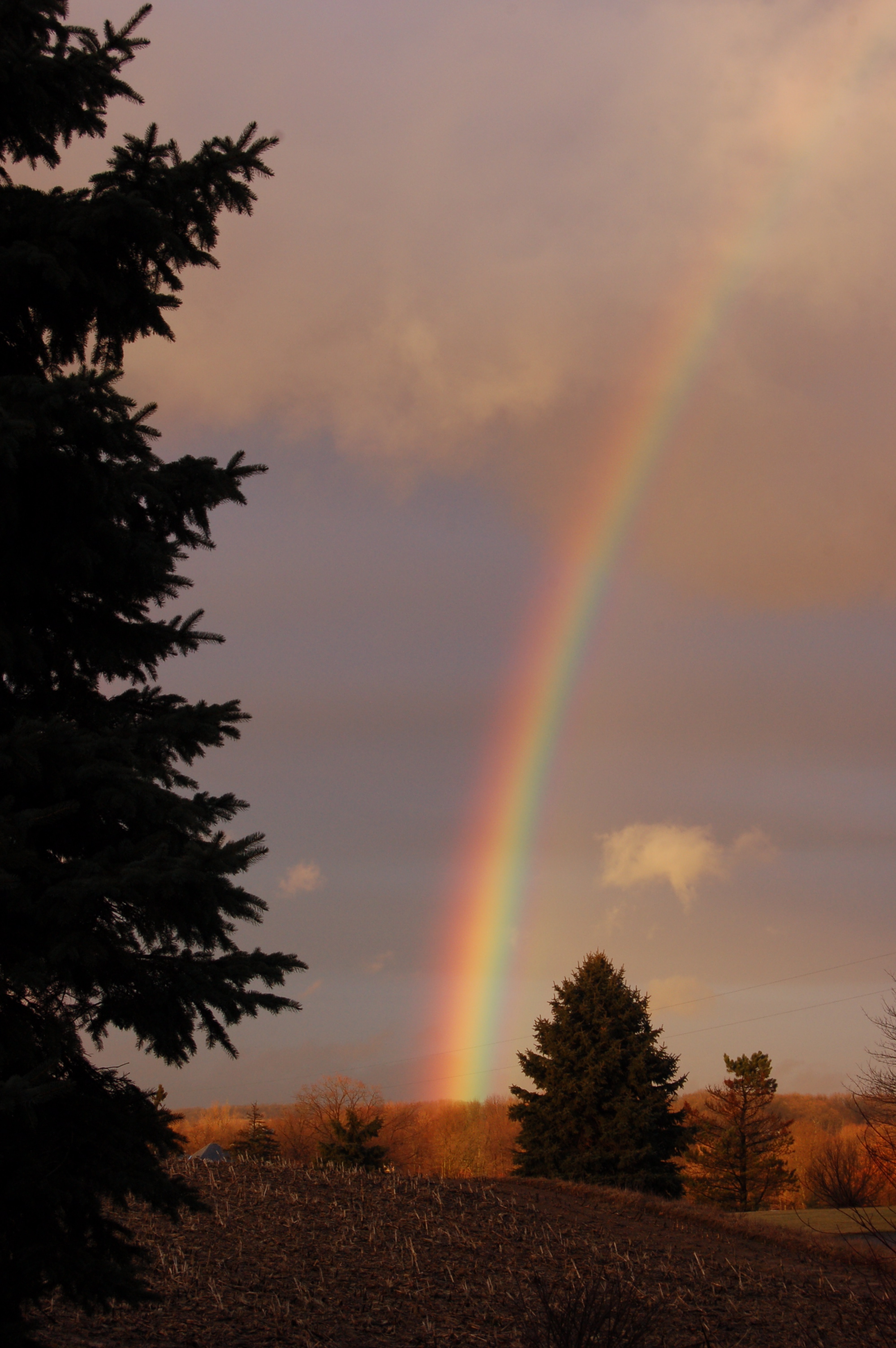

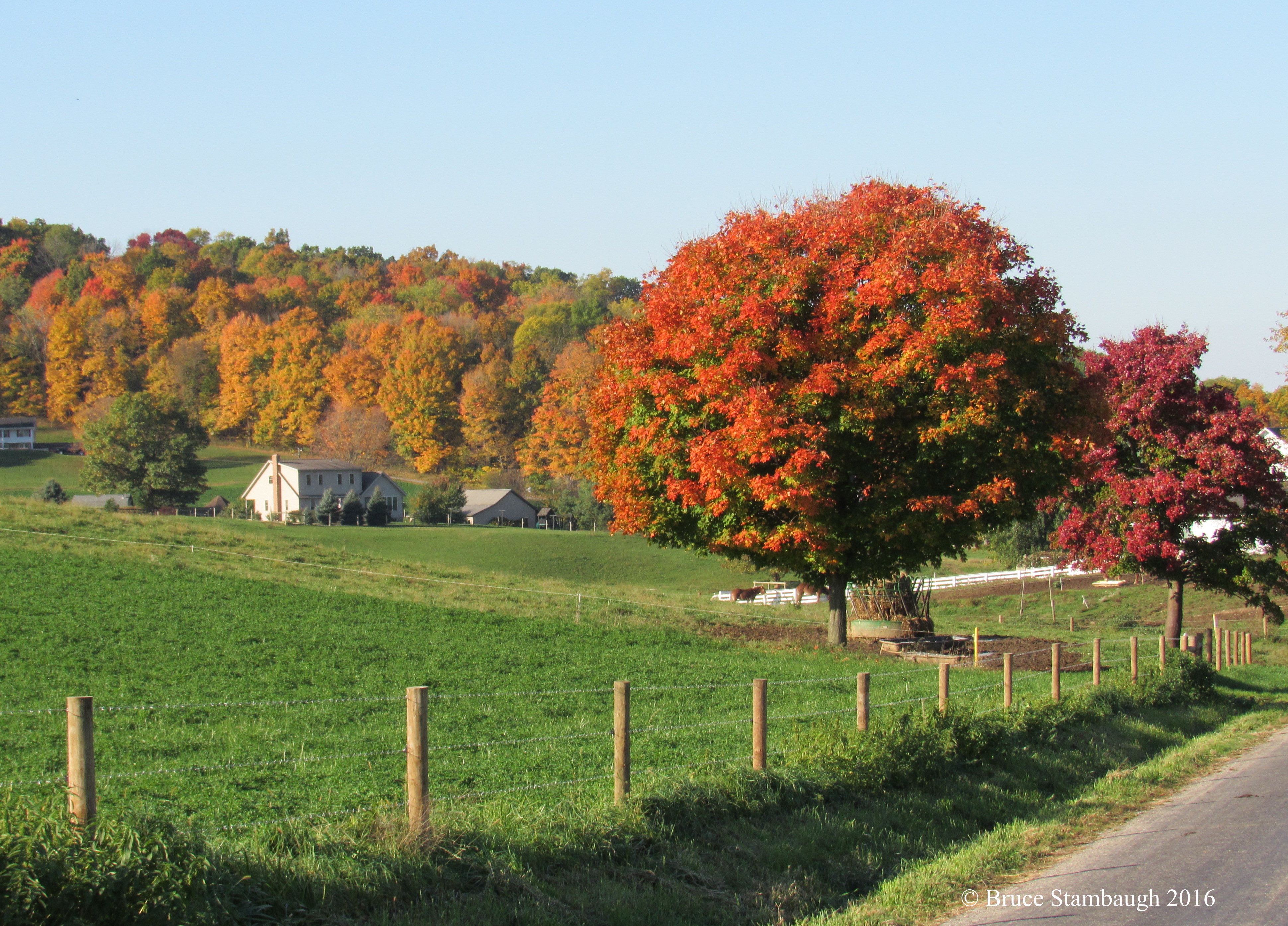
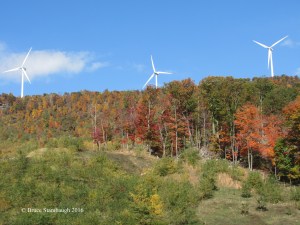




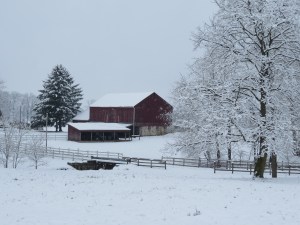


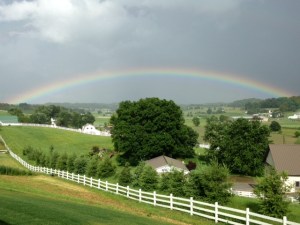

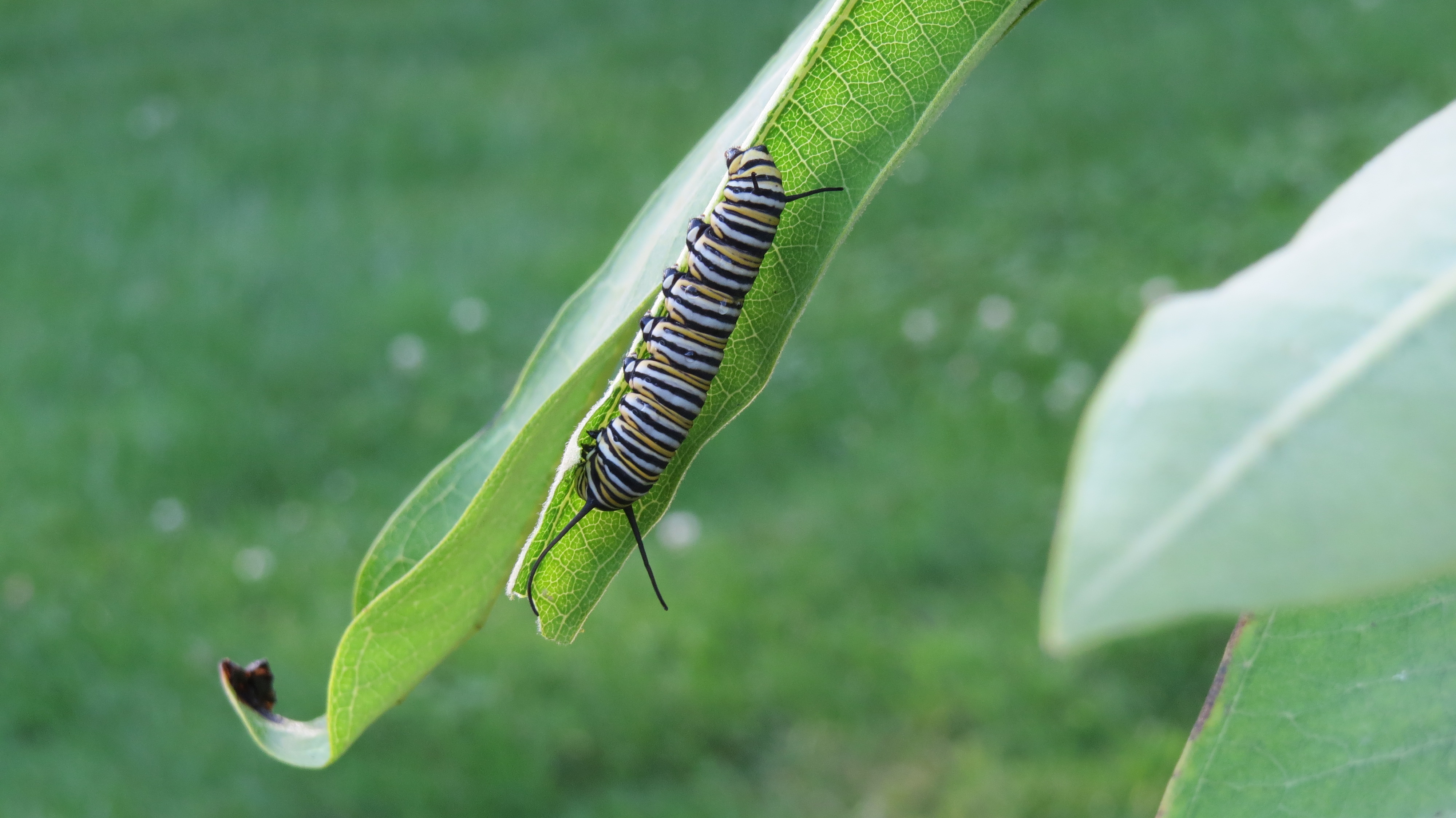



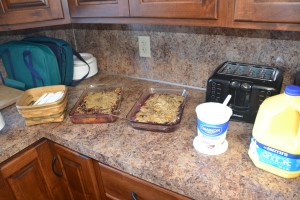
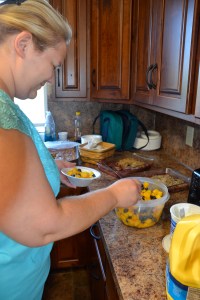







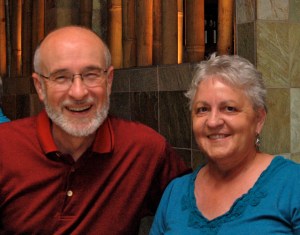











You must be logged in to post a comment.